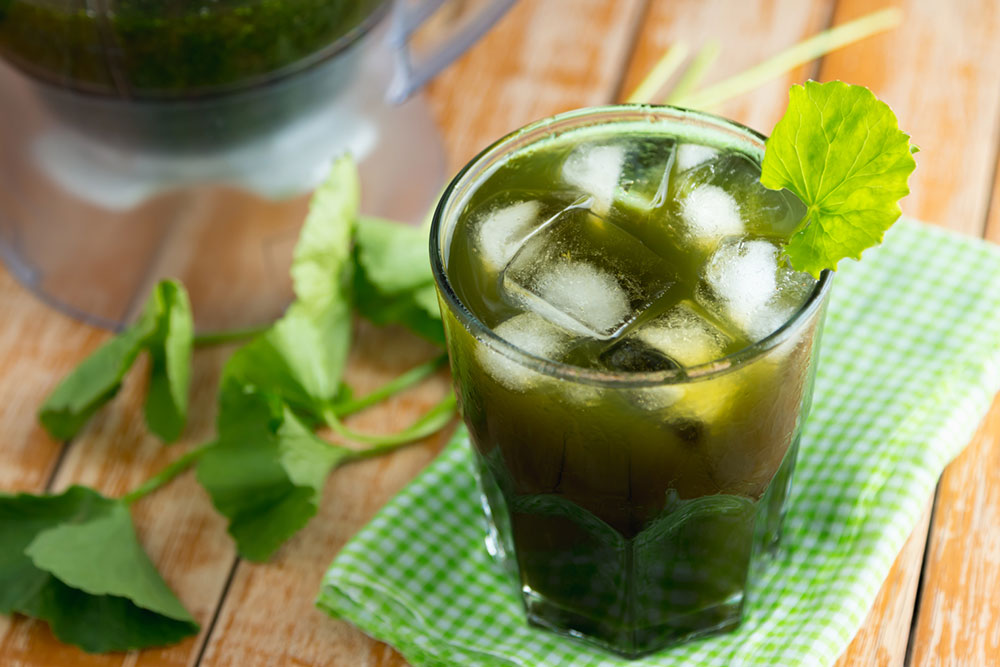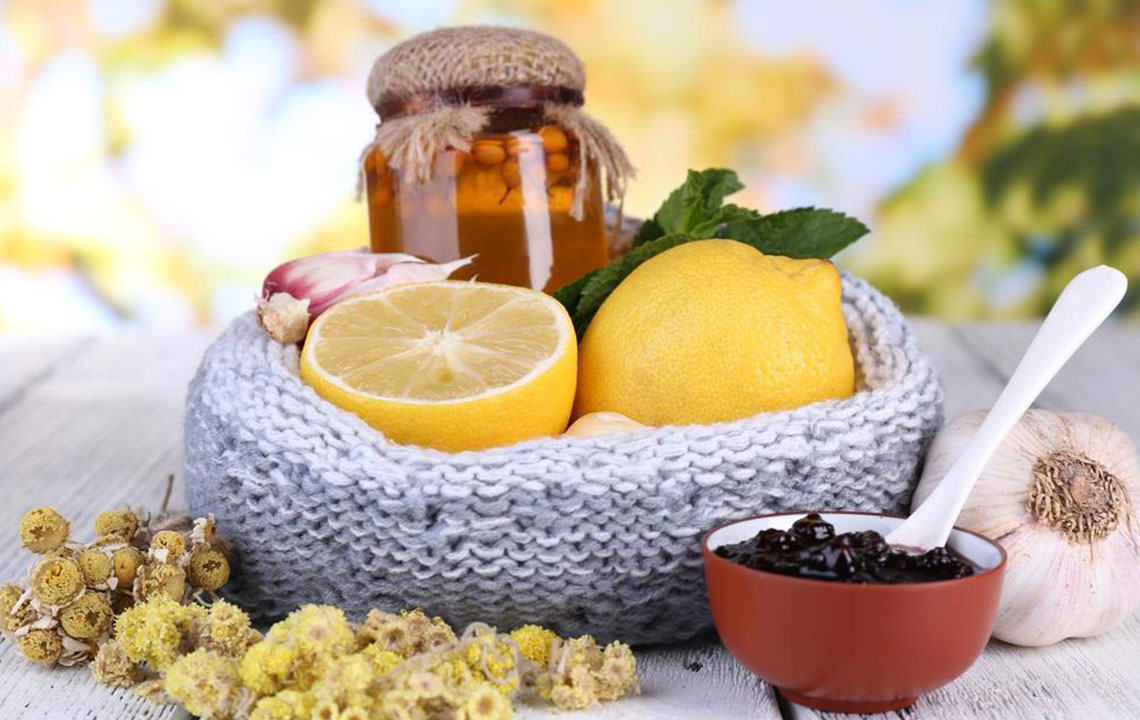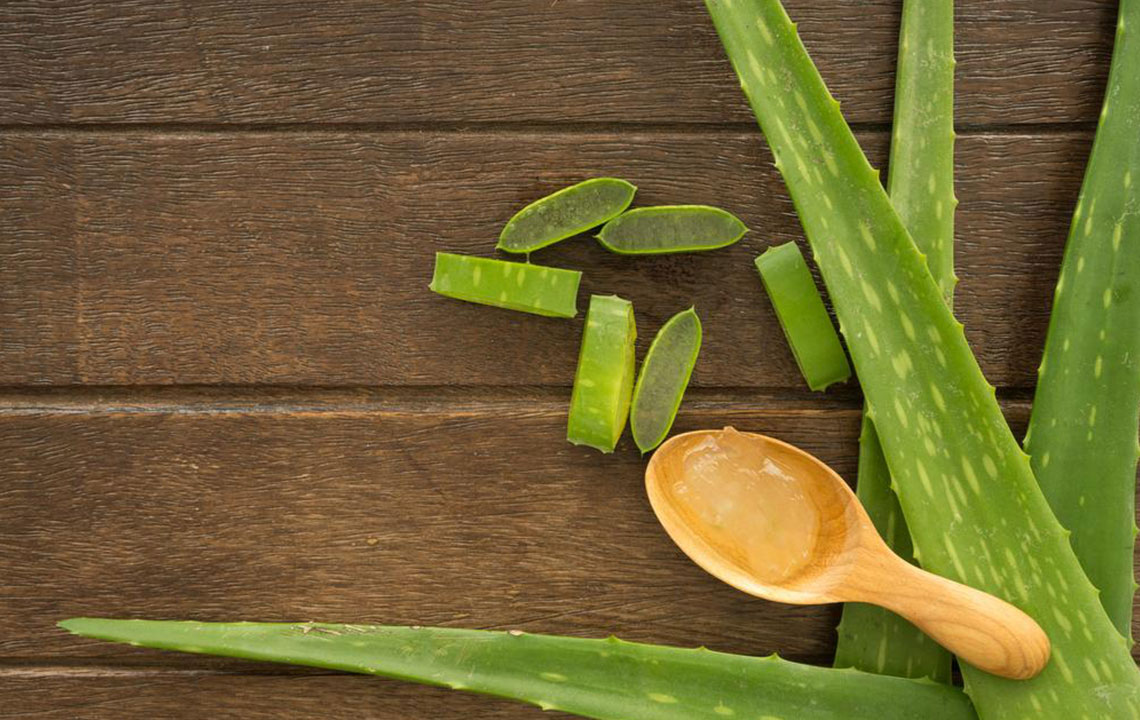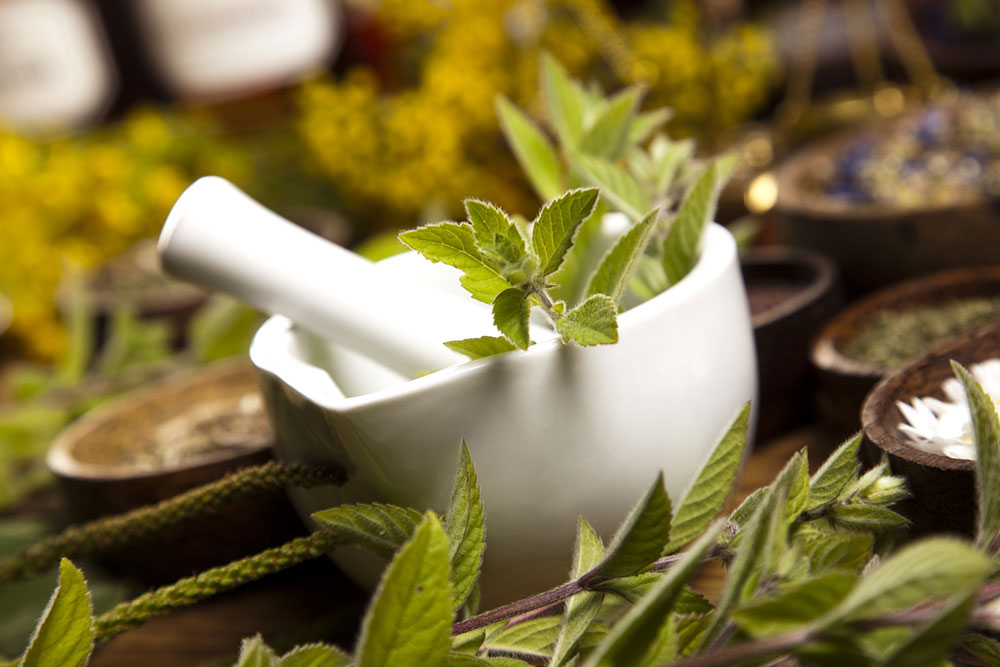Natural and Holistic Approaches to Managing Enlarged Prostate Symptoms
This comprehensive guide explores natural and holistic strategies for managing an enlarged prostate, focusing on herbal remedies, dietary adjustments, and lifestyle changes to improve urinary health and reduce symptoms of BPH effectively. Emphasizing evidence-based approaches, it provides men with safe, natural options to support prostate health and overall well-being.

Effective Natural Strategies for Alleviating Enlarged Prostate Discomfort
The prostate gland, a small vital organ about the size of a walnut, encircles the urethra and plays a crucial role in male reproductive health. Its primary function is to produce seminal fluid, which nourishes and transports sperm. The prostate tends to grow naturally during adolescence and continues to enlarge gradually throughout a man's life. However, for many men, this enlargement leads to benign prostatic hyperplasia (BPH), a common condition that can significantly impact quality of life.
An enlarged prostate can cause urinary problems such as frequent urination, especially at night, weak urine flow, difficulty starting urination, and urinary retention. While medication and surgical options are available, many men seek natural and holistic approaches to manage symptoms and support prostate health. Integrating natural remedies, lifestyle modifications, and dietary changes can be effective in alleviating BPH symptoms, reducing discomfort, and promoting long-term prostate well-being.
Numerous herbal treatments and nutritional strategies have been traditionally used to help ease the symptoms associated with prostate enlargement. Scientific studies are increasingly supporting the efficacy of many natural products for prostate health, although they should be used in conjunction with medical advice. The goal is to reduce prostate swelling, improve urinary flow, and maintain overall prostate health naturally.
Here are some of the most promising natural remedies and lifestyle modifications to consider:
Herbal Treatments for Prostate Health
Herbal medicine has a long-standing history in supporting prostate health. Many herbs contain compounds that may inhibit prostate growth, reduce inflammation, and improve urinary function. These natural options are often used as part of a holistic approach to managing BPH symptoms:
Saw Palmetto: One of the most well-known herbs for prostate health, saw palmetto extract has been extensively studied for its ability to inhibit hormone conversion processes that contribute to prostate growth. Many men find it helpful for reducing urinary frequency and relieving symptoms like weak stream and urgency.
African Plum Extract: Sourced from the West African wild plum, this extract is celebrated for its antioxidant and anti-inflammatory properties. Research suggests that taking 100–200 mg daily can effectively reduce prostate size and alleviate associated symptoms.
Zishen Yutai Formula: An ancient Chinese herbal formula that is currently under scientific investigation. Some preliminary studies indicate its potential to decrease prostate enlargement and improve urinary symptoms, though more research is necessary for conclusive evidence.
Ryegrass Pollen: Used in supplement form, ryegrass pollen has shown promise in aiding prostate shrinkage and improving urinary flow. Although results are encouraging, larger clinical trials are required to confirm its long-term benefits.
Babassu: An extract derived from the Brazilian babassu palm nut, this natural remedy exhibits anti-inflammatory effects and may help balance testosterone levels, supporting prostate health.
Pumpkin Seeds: Rich in beta-sitosterol, a compound that supports hormonal balance and reduces inflammation, consuming about 10 grams of pumpkin seeds daily has been linked with better urinary function in men with BPH.
Stinging Nettle: Frequently paired with saw palmetto, this plant contains antioxidants and anti-inflammatory compounds that can help reduce urinary symptoms and support prostate health.
Lycopene: A powerful antioxidant found in red and pink fruits and vegetables, especially tomatoes, watermelon, and red peppers. Lycopene intake has been linked to slowing the progression of BPH and supporting overall prostate health.
Zinc: An essential mineral vital for immune function and prostate health. Ensuring adequate zinc intake through nuts, seeds, seafood, and poultry can support urinary function and prevent further enlargement.
Green Tea: Rich in catechins, green tea possesses anti-inflammatory and antioxidant properties. Moderate consumption may help reduce prostate swelling, though excessive intake could stimulate bladder activity, so moderation is advisable.
While many men experience prostate enlargement without symptoms, or suffer from urinary issues without significant prostate growth, individualized medical advice is essential. Combining these natural therapies with lifestyle changes—such as regular exercise, maintaining a healthy weight, and avoiding bladder irritants—can optimize prostate health. Always consult a healthcare professional before starting any new herbal supplement or dietary regimen to ensure safety and appropriateness for your specific health conditions.





